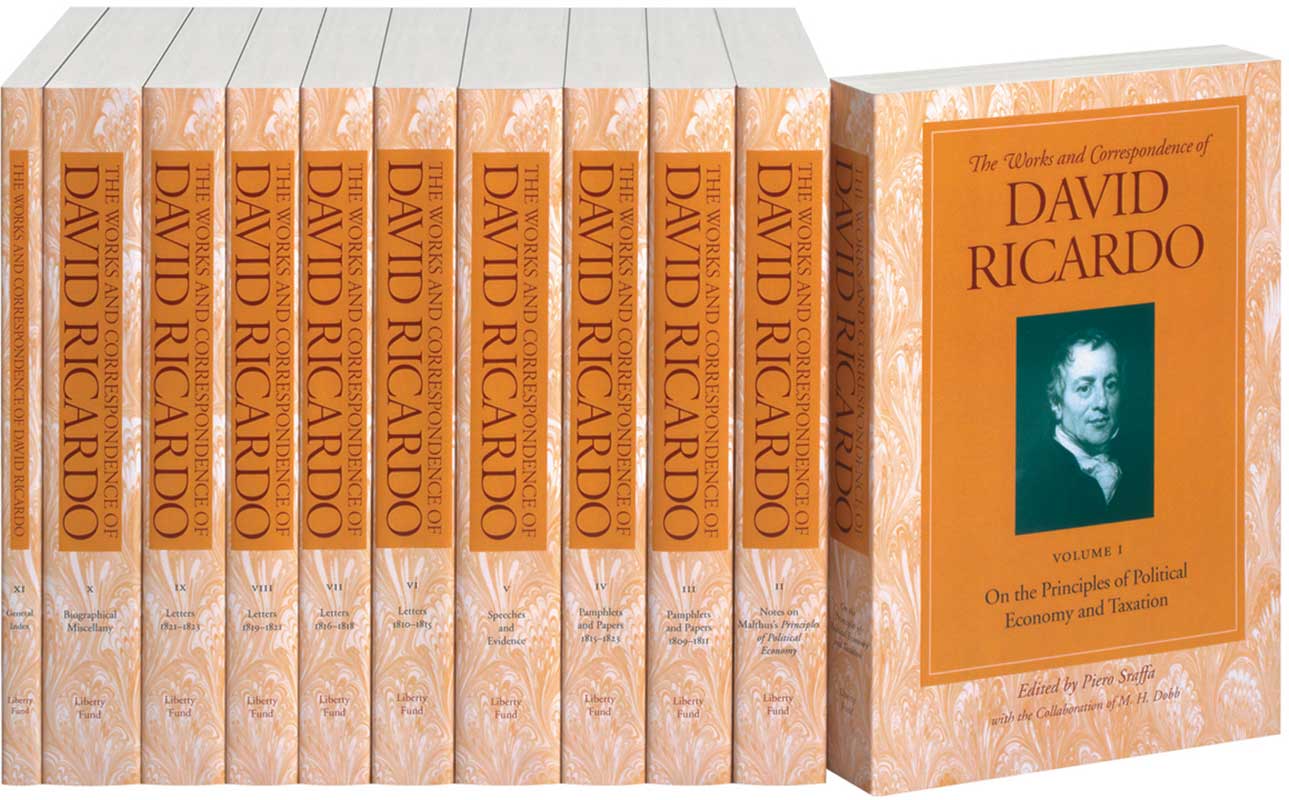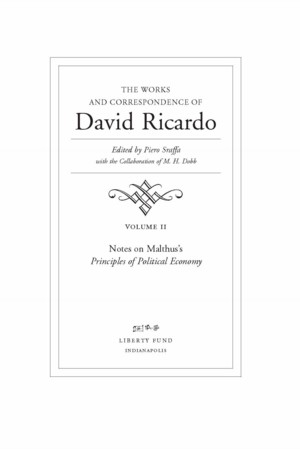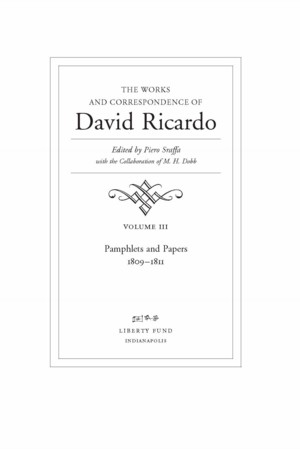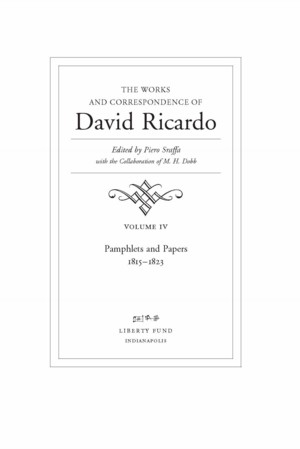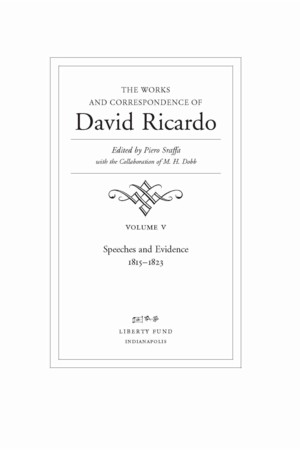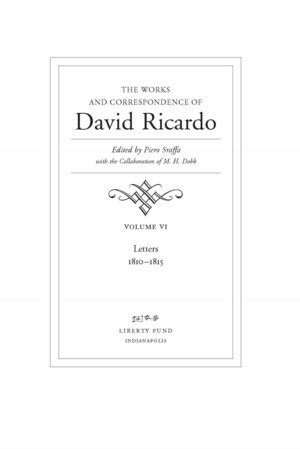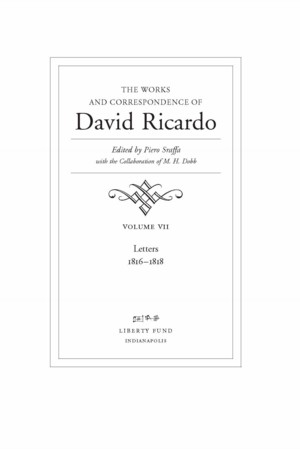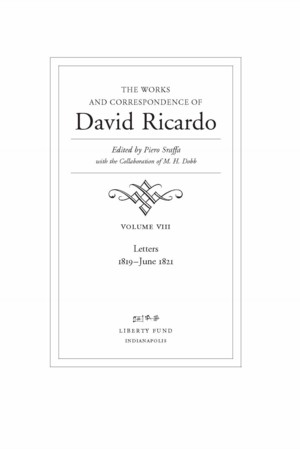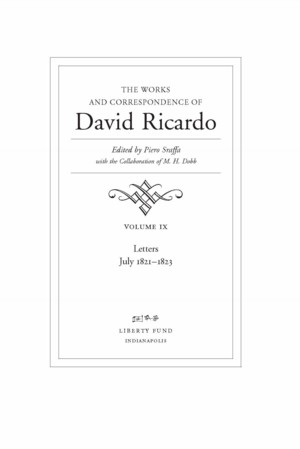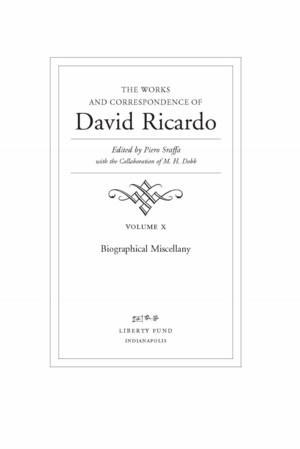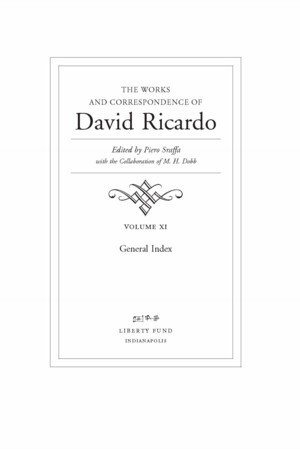Titles by David Ricardo
1772 – 1823
David Ricardo (1772-1823) was born in London of parents recently emigrated from Amsterdam, where he was educated as a youth in yeshivas. He returned to London and made a large fortune as a stockbroker, and eventually was elected to Parliament; but he also enjoyed reading about economics.
Bio
He was ultimately inspired by Smith’s The Nature and Causes of the Wealth of Nations, and, using his background in the stock market and his natural incisive ability, actively disagreed with the mercantilist views on gold accumulation and the pricing of gold. He eventually took on some of Smith’s inconsistencies, and in the process developed the role of comparative advantage in international trade. He is one of the early describers of what has become known as “Ricardian equivalence” - the condition that real interest rates are influenced by government spending, but not necessarily by the way the government finances that spending (via borrowing or taxation). His contributions to the economics of rent, monetary theory, and the theory of value influenced economists of his day and since. [The image comes from “The Warren J. Samuels Portrait Collection at Duke University.”]
See also our collection of extracts, essays, and other resources on Ricardo.
For additional information about David Ricardo see the following:
- Essays on Ricardo
- Timeline on the Life and Work of David Ricardo
- at our sister website Econlib: the Concise Encyclopedia of Economics entry on Ricardo
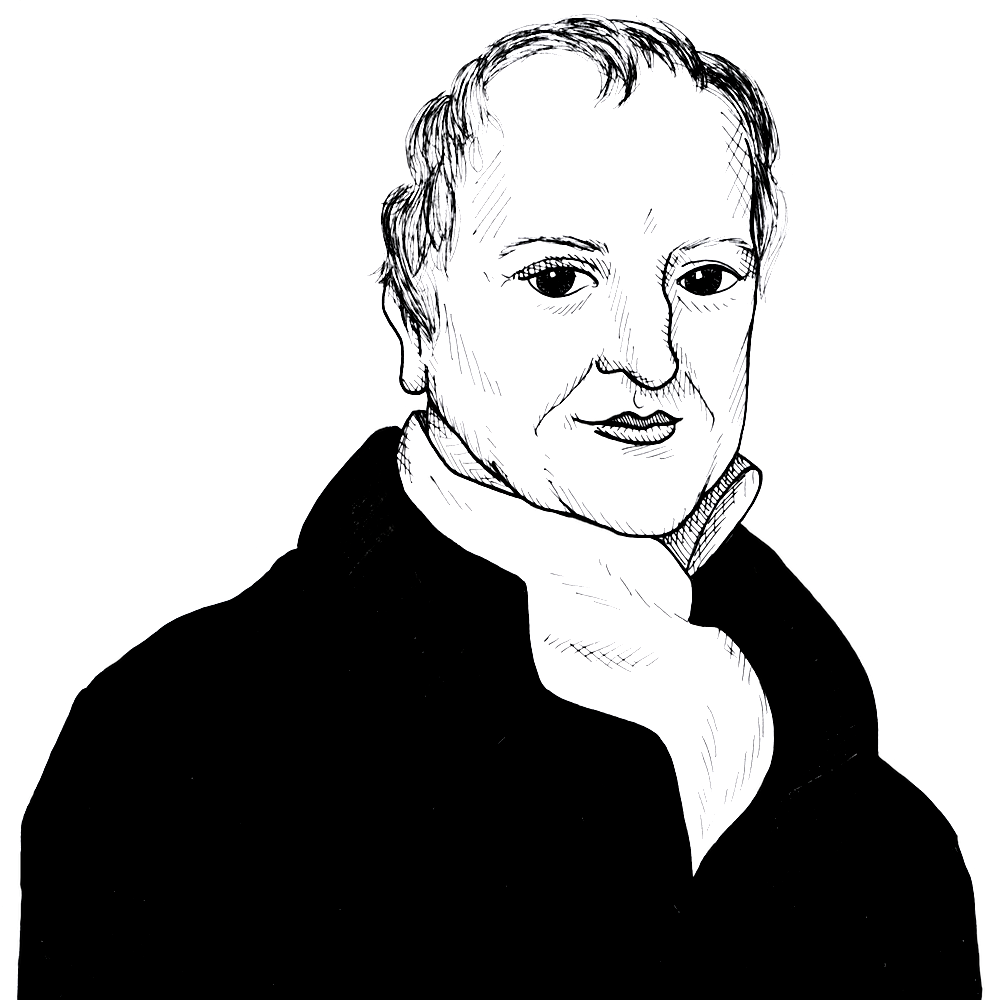
Titles
Related Collections

